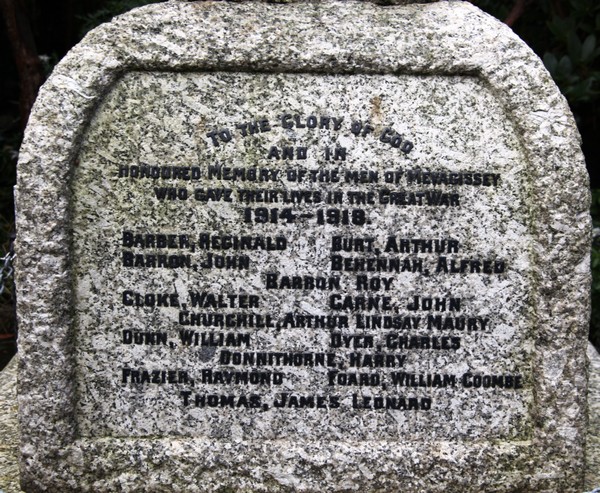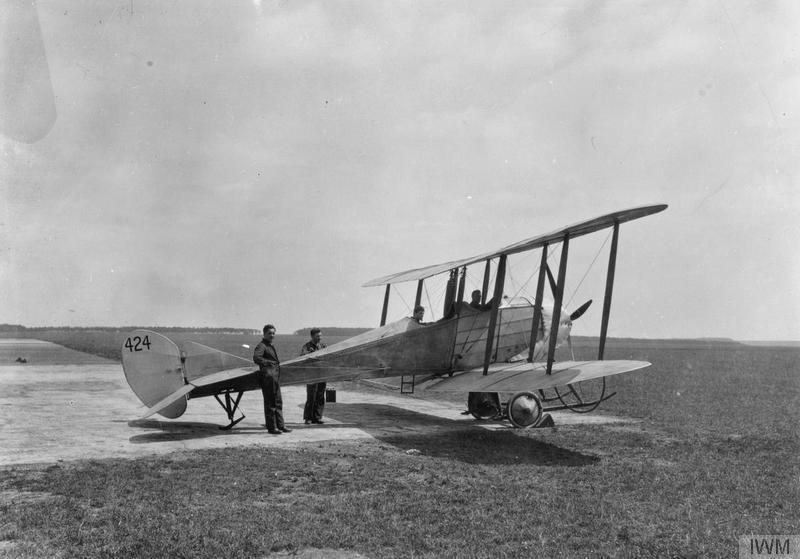Arthur Lindsay Maury Churchill
Arthur Lindsay Maury Churchill was born in Sri Lanka, then known as Ceylon, where his father was Director of Public Works. He joined the school, boarding in Riguad’s House for two years in September 1879. Whilst at Westminster he played football with some success, scoring a goal in a house match against Homeboarders. After he left the school he became a doctor at Westminster Hospital, before moving to work at Wonford Hospital, and County Asylum, Lancaster before undertaking general practice in Mevagissey, Cornwall where his mother had grown up.
Upon the outbreak of war, Churchill, then aged 49, joined the Royal Army Medical Corps. He was attached to the Hampshire Battalion of the Royal Field Artillery in December 1914. He was promoted to the rank of Captain and transferred to the London Irish Rifles in 1915. His Batallion was stationed in Greece in late 1916, and then sailed for Egypt in June 1917. Churchill died on active service whilst the troops were training in the desert conditions at El Sahuth.
He is remembered on a memorial Mevagissey and his name was included in WildWorks’ 100: The Day our World Changed, a continuous theatrical event from dawn till dusk, travelling from the harbour of Cornish town Mevagissey to the nearby Lost Gardens of Heligan on 3rd August 2014.

